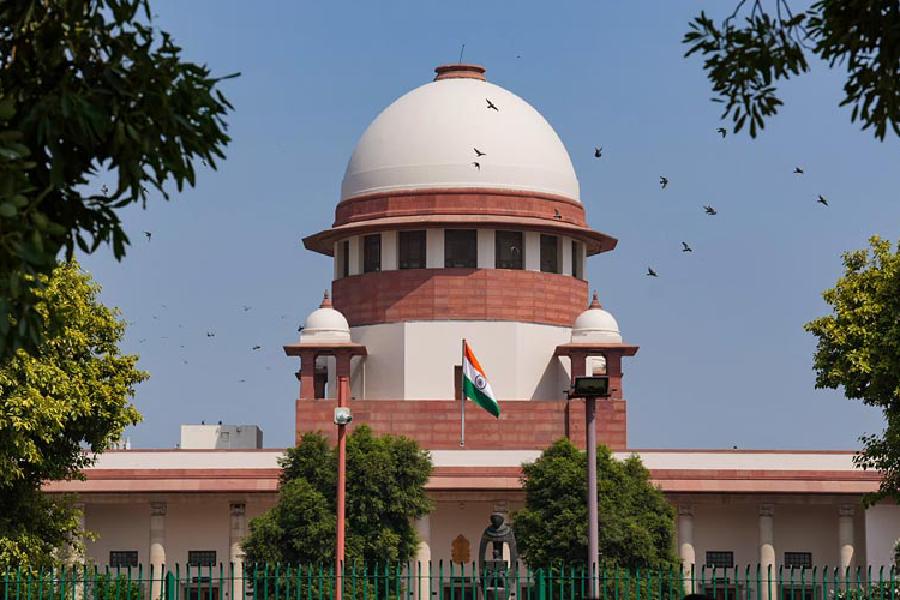The Supreme Court on Tuesday turned down the Enforcement Directorate’s bid to jump the legal procedure for entertaining its appeal against the split verdict passed earlier in the day by a division bench of Madras High Court on the habeas corpus petition filed by Megala, wife of jailed Tamil Nadu minister Senthil Balaji who was arrested in a money laundering case.
A habeas corpus petition is a plea made by a citizen seeking the production of a person who is believed to be in any unlawful custody and whose whereabouts are not known.
A bench of Justice Surya Kant and Dipankar Datta, however, asked the Madras High Court Chief Justice to constitute a larger bench to pass appropriate judgment on the split verdict and posted the ED’s special leave petition (SLP) for further hearing to July 24.
Earlier in the day, a division bench of Justice Nisha Banu and Justice Bharatha Chakravarthi delivered a split verdict.
While Justice Banu had ruled that the habeas corpus petition filed by Megala was maintainable and the period of the ED’s 15 days of custody earlier granted by a trial court would include the time spent by him in the hospital for heart-related ailments, Justice Chakravarthi had held that habeas corpus petition was not maintainable and the period of hospital undergone by Balaji has to be excluded from the actual custody period.
In terms of high court rules whenever a division bench passes a split verdict, a third judge also known as an “umpire judge” is appointed to give his/her own opinion on the verdict.
The opinion of the third judge becomes final and can only then be challenged before the apex court.











